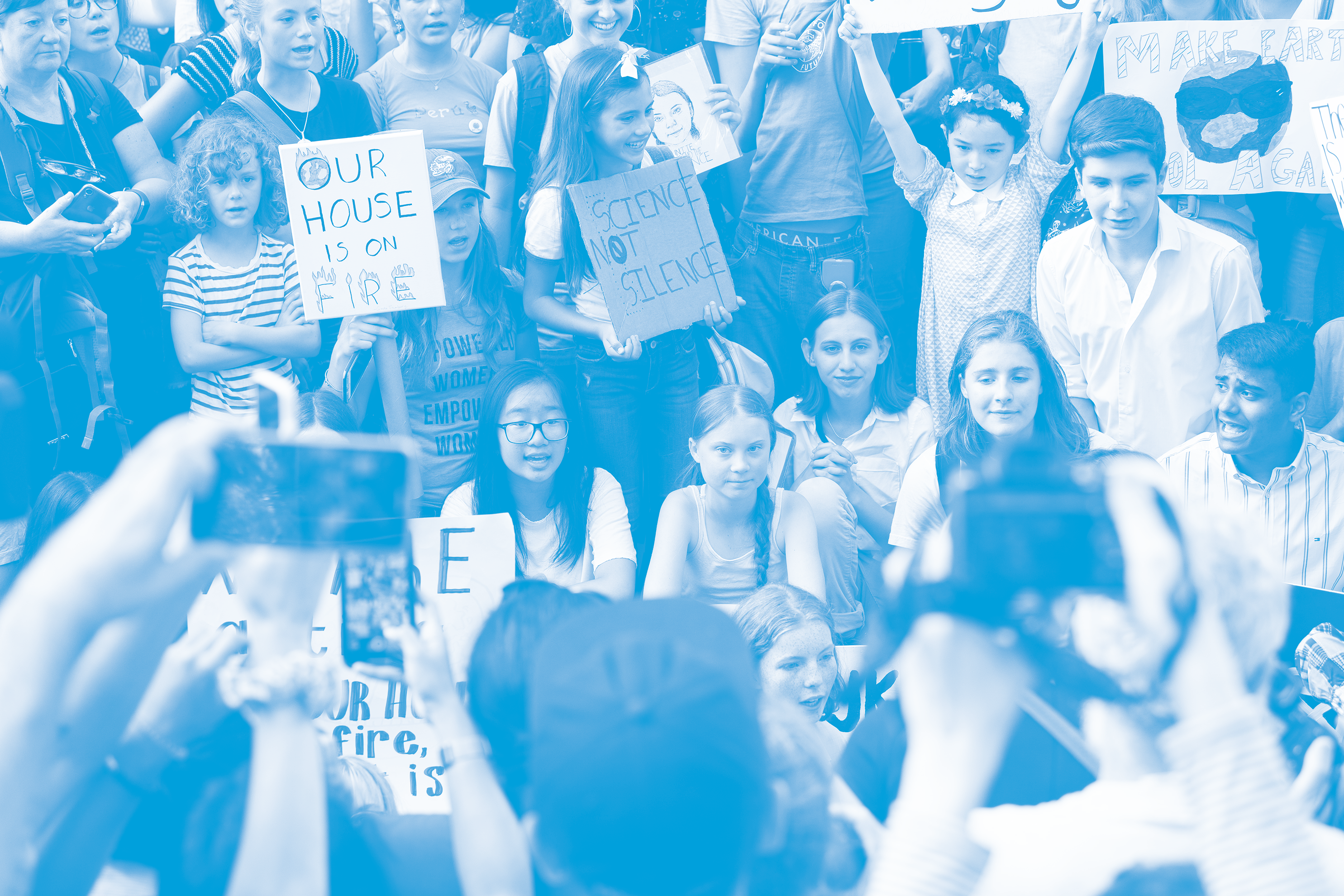Campaign
We Are
Uniting the World for Equal Justice
What is the rule of law?
The rule of law is the principle that we are all equal under the law.
The law applies to everyone equally, no matter how powerful or powerless they are.
No one is above accountability to the law, no one is beneath the protection of the law.
Laws must be well-known to all, be justly and fairly applied, be independently judged, and be consistent with international standards for human rights, crime prevention and criminal justice.
The rule of law is the foundation of modern civilizations and peaceful societies. It is deeply rooted in our social contract, becoming a natural part of our daily lives. It covers all persons, institutions and entities, public and private, including the state itself. The rule of law keeps all parties accountable and ensures fairness and equality in the law.

The rule of law safeguards peace, security and political stability.
The rule of law ensures that international law and the principles of justice apply equally to all States. Hence respect for the rule of law generates an enabling environment for international peace and security.
Nationally, establishing rule of law institutions is vital to maintaining security and political stability. The rule of law provides people with access to public services, curbs corruption, restrains the abuse of power, and frames the social contract between people and the state.
Strong, effective and transparent justice and corrections institutions, and accountable police and law enforcement agencies which fully respect human rights and are resilient in the face of corruption and crime, are critical for preventing and mitigating crime, violence and conflict. They form the core of good governance, boosting public trust and the confidence of society in general.

The rule of law protects human rights and fundamental freedoms.
It is essential […], that human rights should be protected by the rule of law.
-- Universal Declaration of Human Rights.
All human beings have the right to be treated with dignity and respect, and such dignity and respect are afforded to people through the enjoyment of all human rights which are protected through the rule of law. Therefore, the rule of law and human rights are two elements of the same principle: the freedom to live in dignity. The rule of law is also the implementation mechanism which turns human rights from a principle into a reality. It provides a structure through which the exercise of power is subjected to agreed rules, guaranteeing the protection of all human rights.
Crime, corruption and terrorism threaten human rights. At the same time, action to prevent and confront these challenges must respect human rights. To promote and protect the safety, dignity and human rights of all peoples, governments have a key role in upholding the rule of law in the daily lives of their citizens, especially through the public institutions that exist to serve them.

The rule of law enables economic and social progress, and sustainable development.
Sustainable development and the rule of law are strongly interrelated and mutually reinforcing.
-- Doha Declaration
Strengthening the rule of law is vital to achieving the Sustainable Development Goals (SDGs), our global blueprint for peace, justice and prosperity on a healthy planet. The SDGs can only be achieved if every nation has strong, effective and transparent institutions, based on the rule of law and supported by the public.
The development of inclusive and accountable justice systems, and the reform of rule of law will provide quality services to people and build trust in the legitimacy of their government; that is why SDG 16 - Peace, Justice, and Strong Institutions - encourages Member States to generate national-level policy changes that advance the 2030 Agenda.

What are the rule of law challenges?
The dark moments of human history happened in the absence of rule of law: slavery, genocide, segregation, apartheid.
Rule of law challenges still persist in many forms today; discrimination, inequality, injustice, corruption, abuse of power, violence and crime continue to exist. How we respond to these challenges will define the degree to which our societies are governed by the rule of law.

How to act?
Strengthen capacity of institutions. To promote and protect the safety, dignity and human rights of all peoples, governments have a key role in upholding the rule of law in daily life, acting through accountable public institutions.
Empower people. Citizens also have a crucial role to play through free, active and meaningful participation in, and oversight of those institutions. This empowers the people, and the state is in service to them.
Accountability for perpetrators. Redress for victims. Impunity is the enemy of the rule of law. For the rule of law to function, those who violate it and infringe on the rights of others must be held accountable. In each case, victims must have the right to remedies and redress for the harms they suffered.







